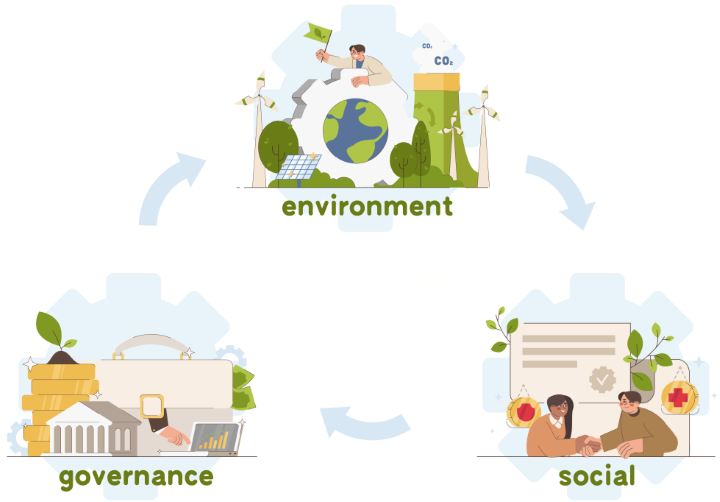Conceptual development in understanding ethical consumption: Why we need a multilevel framework

In a recent article in Open Research Europe, Sara Karimzadeh and Magnus Boström, both affiliated with CESSS, challenge the oversimplified focus on individualistic factors in explaining ethical consumption, and argue for the importance of considering societal factors.
Ethical consumption refers to consumption practices that are shaped by both societal and environmental concerns. Making “ethical” decisions as a consumer means considering factors such as workers’ rights and conditions, child labor, unfair trade, resource degradation, and oppressive regimes when making purchases. While many believe these concerns arise primarily from individual factors such as personal values, moral norms, and emotions, these factors alone are not enough to explain what shapes and constrains people’s consumption decisions.
Karimzadeh and Boström advocate for a multilevel and intertwined understanding of ethical consumption given its conjunction with other social practices. Here, ethical consumption is viewed as a context-dependent phenomenon that is influenced by societal factors such as social structures, technical infrastructures, available knowledge, culture, public policies, and social norms.
The proposed multilevel framework has the advantage of emphasizing important factors for ethical consumption that are at work at the micro-, meso-, and macrolevel. Moreover, the multilevel framework also sheds light on the processes by which these levels interact, such as how an individual’s consumer patterns can both depend on existing social practices and simultaneously challenge existing regimes. Such considerations are of high importance for future research that seeks to uncover and address potential structural obstacles that limit the spread and upscaling of ethically oriented consumption.
This paper is part of a project that has received funding from the European Union’s Horizon 2020 research and innovation programme under the Marie Skłodowska-Curie grant agreement No 101022789.
Reference
Karimzadeh. S., & Boström. M. (2022). Ethical consumption: Why should we understand it as a social practice within a multilevel framework? Open Research Europe, 2:109. Read the full article here.
